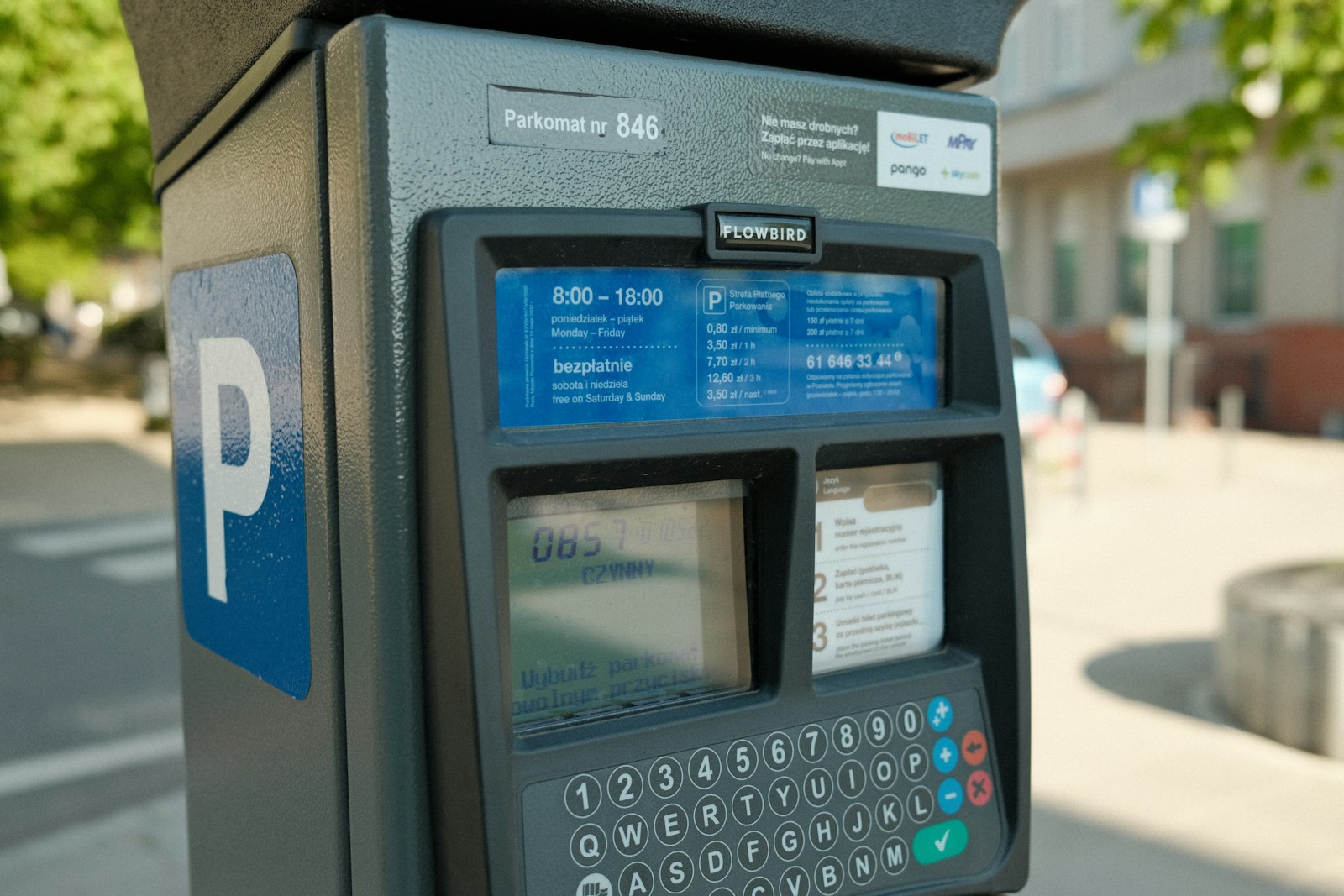
停车
tíng chē

parking
The Chinese word '停车' is used to refer to the action or activity of leaving a vehicle in a particular place for a period of time. It is used in the same context as the English equivalent 'parking'. It could be used in sentences like: 我可以在这里停车吗? (Can I park here?).
Example sentences using: 停车
请在这停车。
Qǐng zài zhè tíngchē.

Please park here.
This sentence is instructing someone to park their vehicle in a certain place.
停车场里一辆车也没有。
Tíngchē chǎng lǐ yī liàng chē yě méiyǒu.

There is not a single car in the parking lot.
This sentence is expressing the situation where a parking lot is completely empty with no cars.
我要找个地方停车。
Wǒ yào zhǎo gè dìfang tíngchē.

I need to find a place to park.
This sentence is expressing the need to find a parking spot for a vehicle.
停车位满了。
Tíngchē wèi mǎn le.

The parking spaces are full.
This sentence is expressing that all the parking spaces are taken and there is no room for more vehicles.
他开车停车都很溜。
Tā kāichē tíngchē dōu hěn liū.

He is very good at driving and parking.
This sentence is complimenting someone's driving and parking skills.
这里不准停车。
Zhèlǐ bù zhǔn tíngchē.

No parking is allowed here.
This sentence is indicating a restriction on parking in a certain area.
我找到停车的地方了。
Wǒ zhǎodào tíngchē de dìfang le.

I have found a place to park.
This sentence is announcing that a suitable parking spot has been located.
她正在停车。
Tā zhèngzài tíngchē.

She is parking.
This sentence is simply observing that a woman is in the process of parking a vehicle.
我来停车。
Wǒ lái tíngchē.

I will park the car.
This sentence is expressing the idea that the speaker will take responsibility for parking a vehicle.
他忘记在哪儿停车了。
Tā wàngjì zài nǎér tíngchē le.

He forgot where he parked.
The sentence describes a situation where someone can't remember where they left their car.